- About us
- Körber's Sustainability approach 2023
- Group standards for Ecodesign
Group-wide standards for Ecodesign
With our Ecodesign approach, we integrate sustainability into every step of product development - from materials and energy use to circularity and resource efficiency.
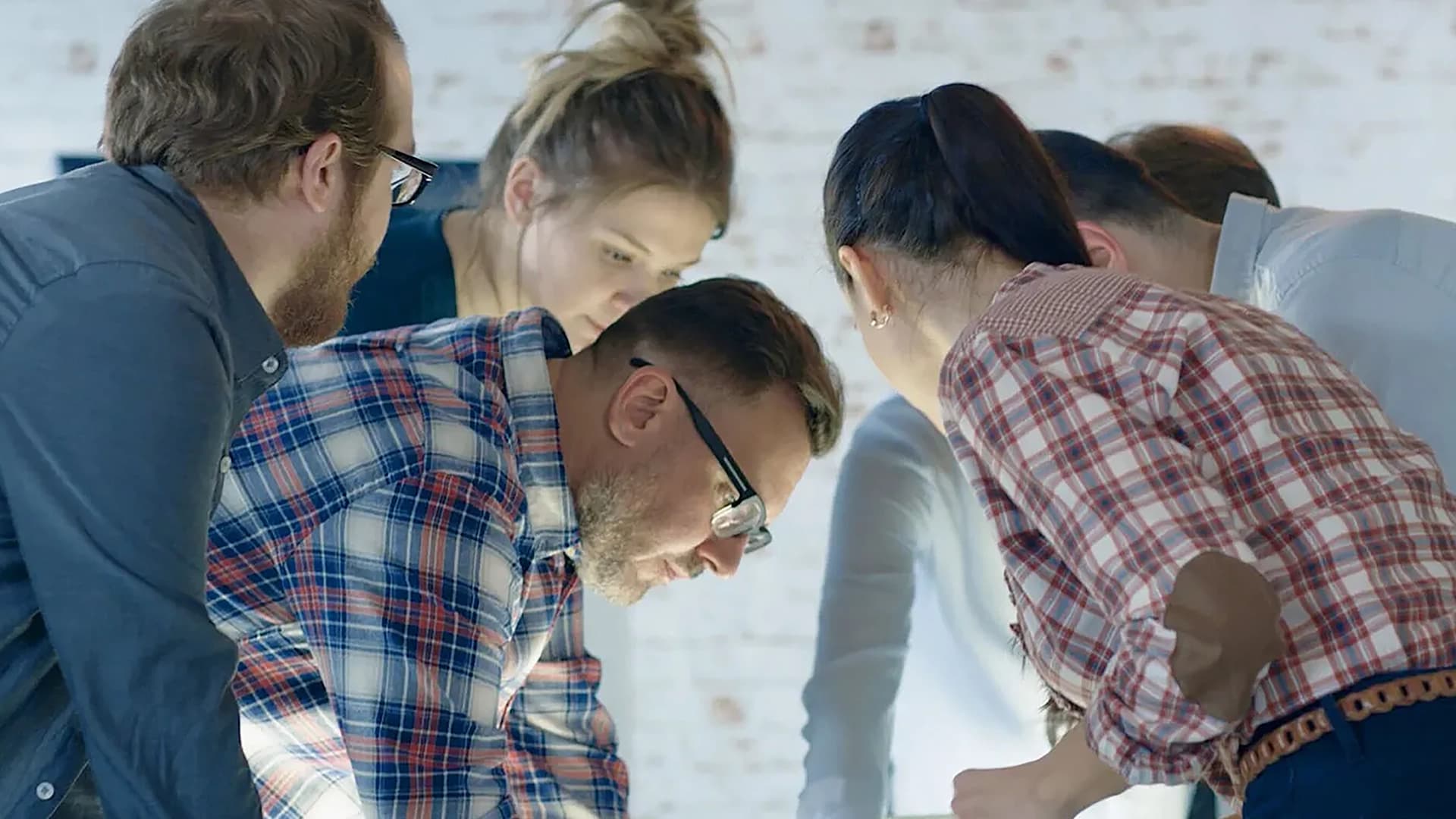
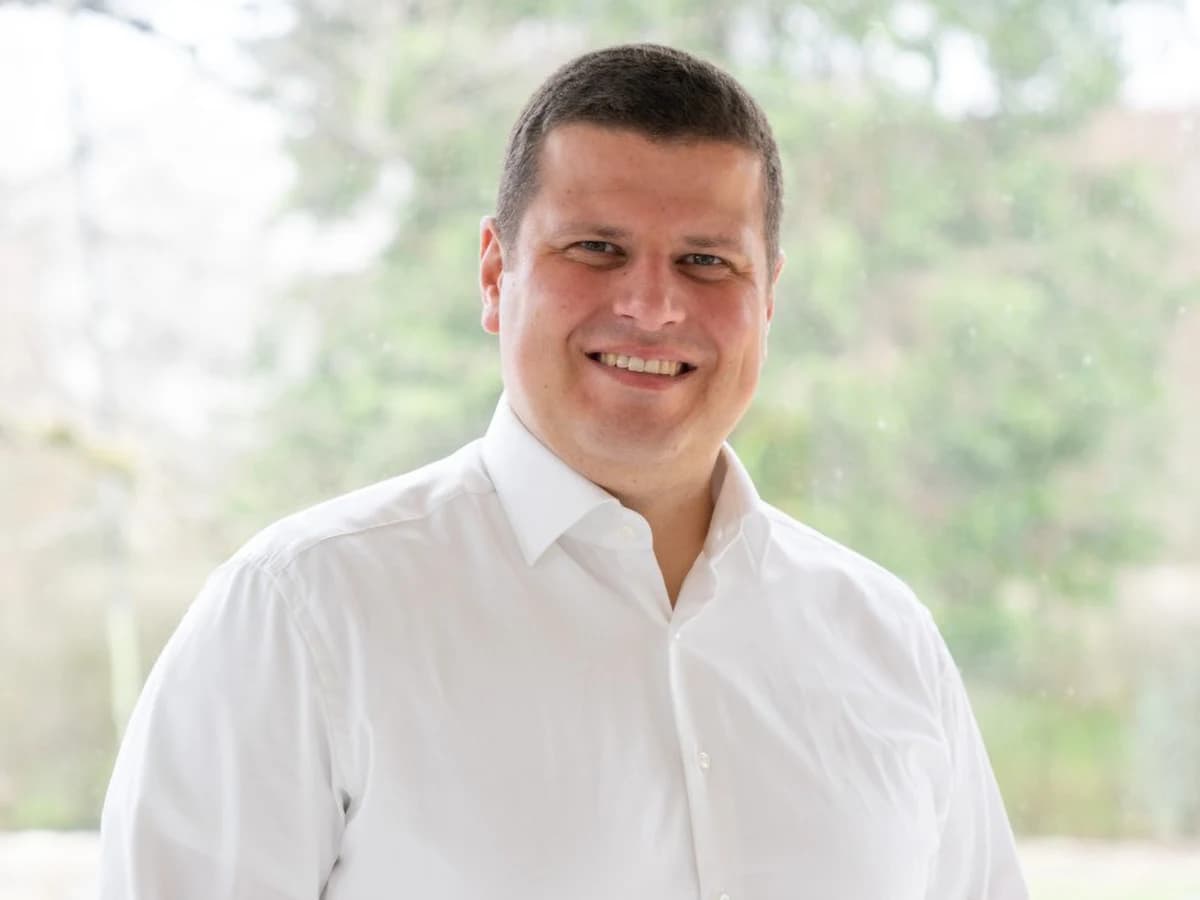
"A professional approach to Ecodesign is also relevant to competitiveness. The better we are in this respect, the better we will meet our clients’ current and future sustainability requirements in Körber’s different Business Areas."
Tobias Kucharz
Product Lifecycle Manager in the Business Area Supply Chain and member of the Ecodesign think tank
Exchange and collaboration formats for Ecodesign
Ecodesign exchange meetings
Ecodesign Guideline
Calculation tools
Knowledge building & exchange
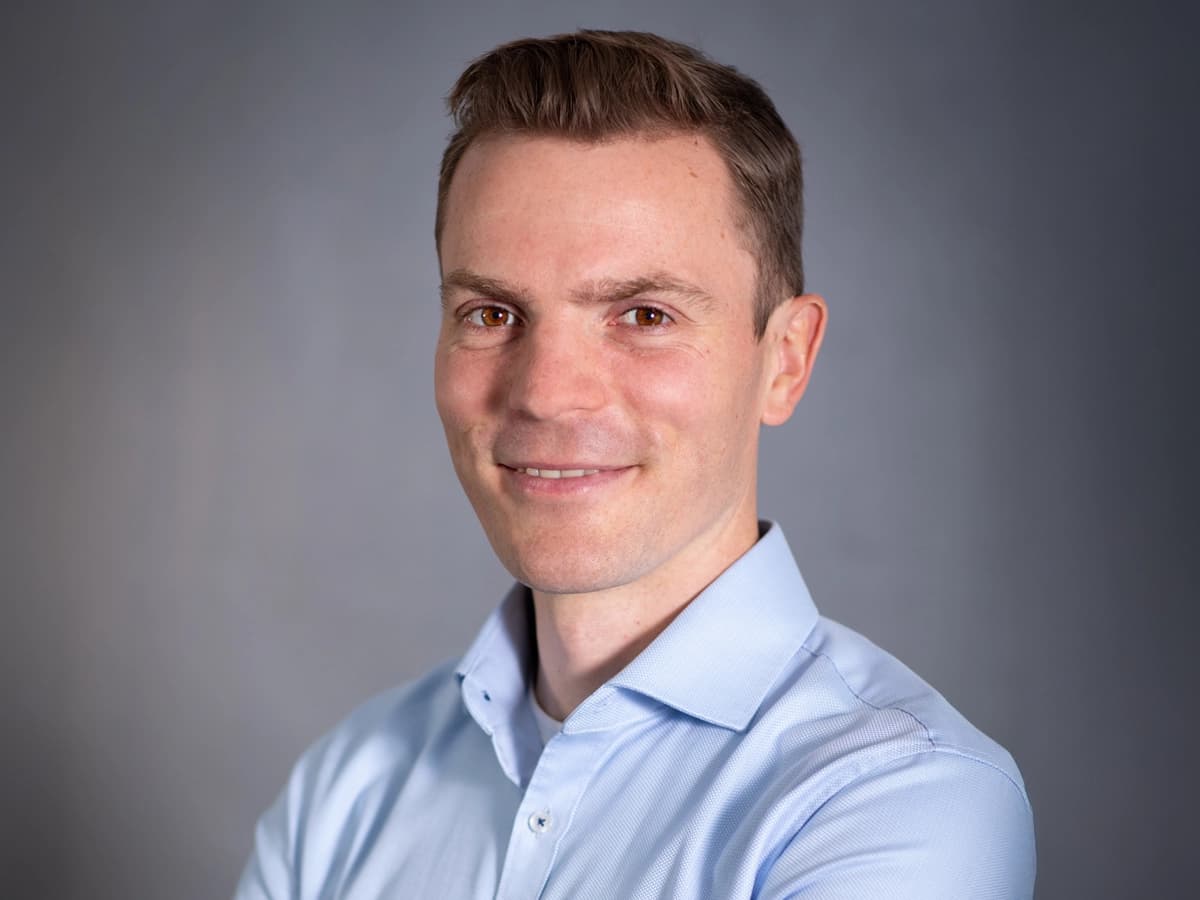
“We work on instruments which all colleagues at Körber can use to calculate the environmental impact of individual products, modules and parts easily and efficiently and thus provide an analysis of entire production systems. We need this transparency to make an active contribution to reducing CO₂e emissions within our company and for our business partners.”
Bernhard Gerl
Moderator of the Ecodesign think tank and Design Engineering Department Project Engineer in the Körber Business Area Pharma
Ecodesign

From pilot project to group-wide standard
After the participants focused primarily on the Ecodesign Guideline and establishing structures and exchange formats in 2022, the aim for 2023 was to reach the next level. The think tank analyzed new findings from LCA pilot projects. The Center of Excellence focused on developing a standard for life cycle assessments throughout the Körber Group. “We first need transparency to achieve our ambitious net-zero target in Scope 3. This we achieve using the life cycle assessment method,” explains Corinna zu Putlitz, Head of Sustainability in the Körber Business Area Technologies and member of the think tank. “Standardized life cycle assessments from the perspective of machines, modules and parts form the basis for this method.”
To compute CO₂e emissions at the part level, we first created a sample spreadsheet. “This represents the first step toward the required transparency regarding the environmental impact of parts,” explains Gerl. “It can be used to record the emissions from a single part and enter them in the sheet. For this purpose, colleagues enter the material from which a part is made, and the processing steps required for its production into the simple form. Energy consumption values for individual processing steps and emission factors are then retrieved from a database to calculate the CO₂e emissions.”
Gerl provides an example where a design engineer developing a new assembly group has two designs and wishes to determine which alternative produces better CO₂e emission values. The solution brings another benefit: The form can also be used to calculate the costs of a part. In the end, the design engineer has two clear key comparison values: price and carbon footprint.
Tobias Kucharz, Product Lifecycle Manager in the Körber Business Area Supply Chain and member of the think tank, states that this is just the important first step in the process: “Ultimately, we want to provide a standardized approach for the entire company, i.e. for all the design engineers in the group, which allows them to start from a product, proceed to a life cycle assessment (LCA), and even obtain an Environmental Product Declaration (EPD) if needed. We thus have the possibility to improve products with regard to their environmental influences in a specific way and quantify this improvement in an additional LCA.”
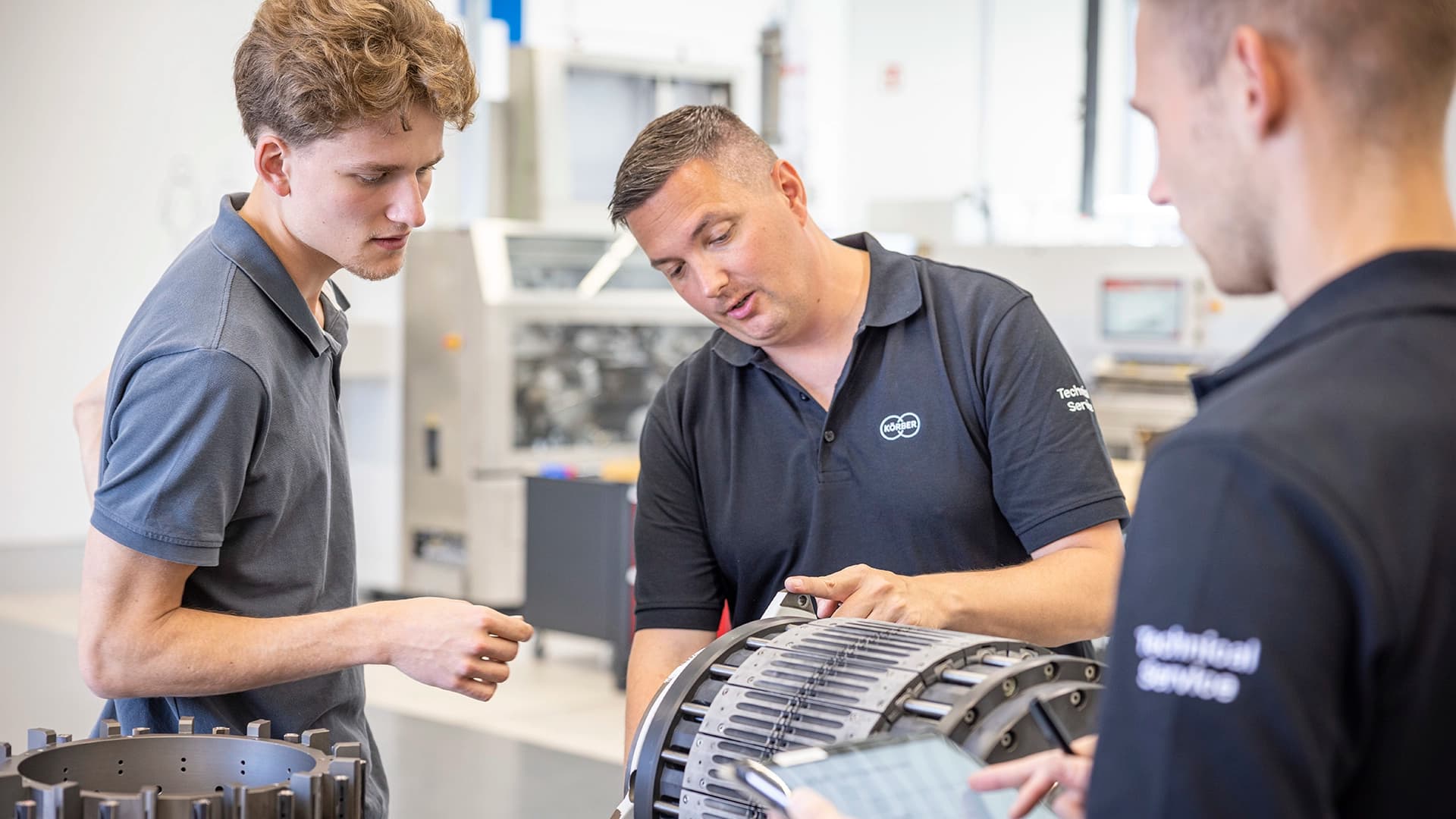
Successful application
To achieve this ambitious goal, the developments by the think tank and the Center of Excellence need to be one thing more than anything else: practical in their use. Besides the CO₂e calculation tool for individual parts, the Center of Excellence thus also turned its attentions to a life cycle assessment standard for machines and functional units in 2023 with concrete projects in the Körber Business Areas Pharma, Technologies, and Supply Chain.
One key question here revolved around identifying the best tools and databases for life cycle assessments. “We tested different tools in a use case to find out which were best,” reports Kucharz. “We produced our first EPD for our belt conveyor from the Körber Business Area Supply Chain using the Gabi tool back in 2022.
We studied a denester from the Körber Business Area Pharma in 2023 using an Excel solution we had developed which has demonstrated the greatest flexibility and adaptability compared to other solutions thus far. Also in 2023, we produced an EPD for the Visicon from the Körber Business Area Supply Chain using the Makersite platform based on AI and knowledge graphs. The Visicon separates large quantities of packages, typically delivered as bulk material, for subsequent processing steps. It’s one of the most important products in our Business Area.“
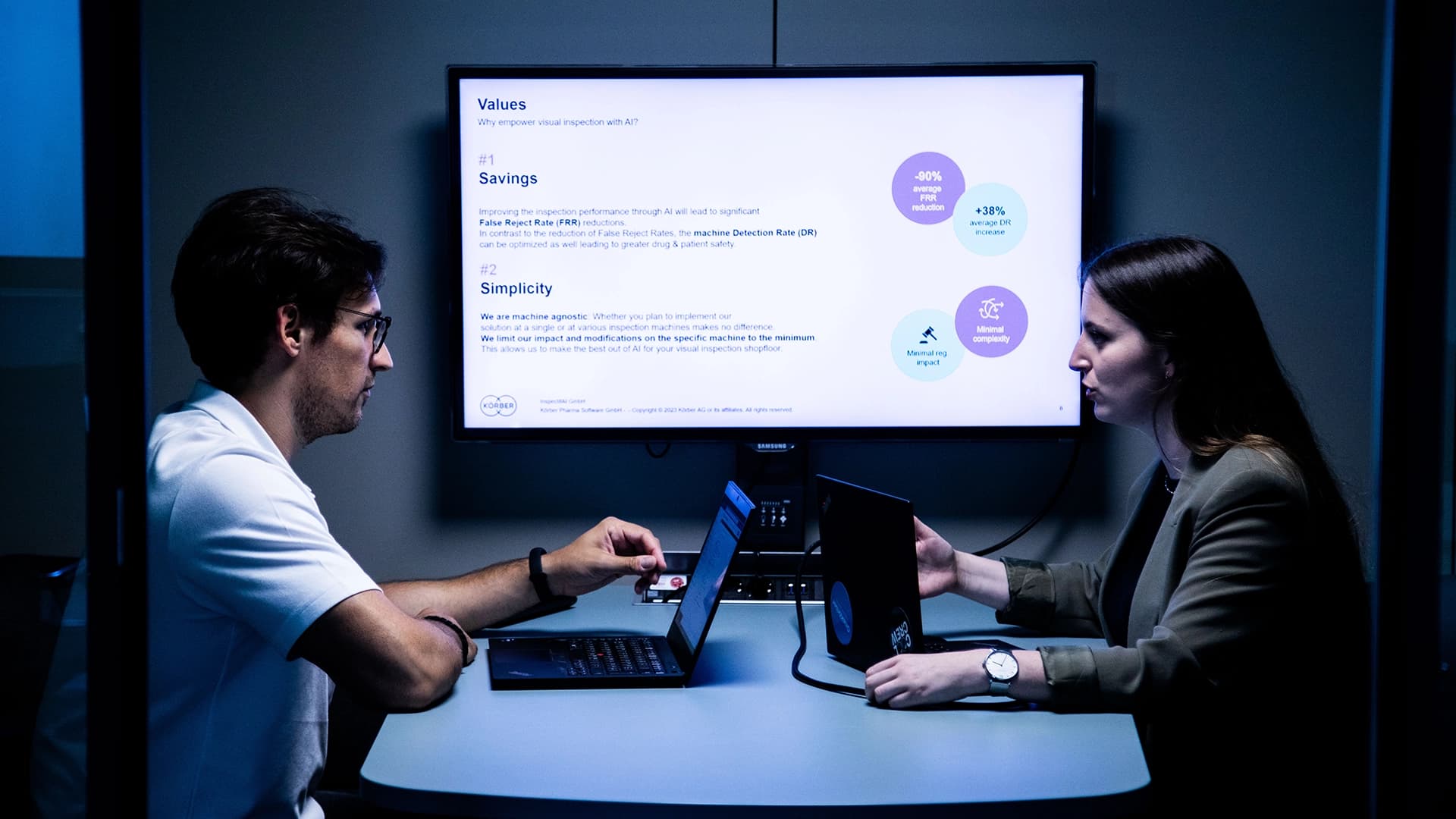
Findings are incorporated back into development
This approach is in line with the principle which guides the way the think tank and Center of Excellence work: “Put simply, we always take the same approach: We develop a solution model, test it in selected pilot projects in the Business Areas, and incorporate the findings from the pilot projects into our development process,” explains Kucharz. “In 2022, we tried out our solution for LCA and EPD for the first time with the belt conveyor. We processed the findings from this test and then started successful pilot projects in all producing Business Areas with clearly defined goals and courses of action in 2023.”
Even when these projects are finished in the Business Areas, the work is not complete for the Center of Excellence and the think tank. “We have taken crucial steps forward in 2023, which will improve our competitiveness and reduce our products’ environmental impact for the long term,” states zu Putlitz. “To ensure this works, the next step is all about permanently embedding our approaches in the company and implementing further solutions for our clients.” For Bäcker, work in the Business Areas now becomes a special priority with regards to Ecodesign: “This is where Ecodesign is specifically implemented in accordance with our sustainability strategy. After its start with the pilot projects, Ecodesign will become an integral part of all development projects here for the long term.”
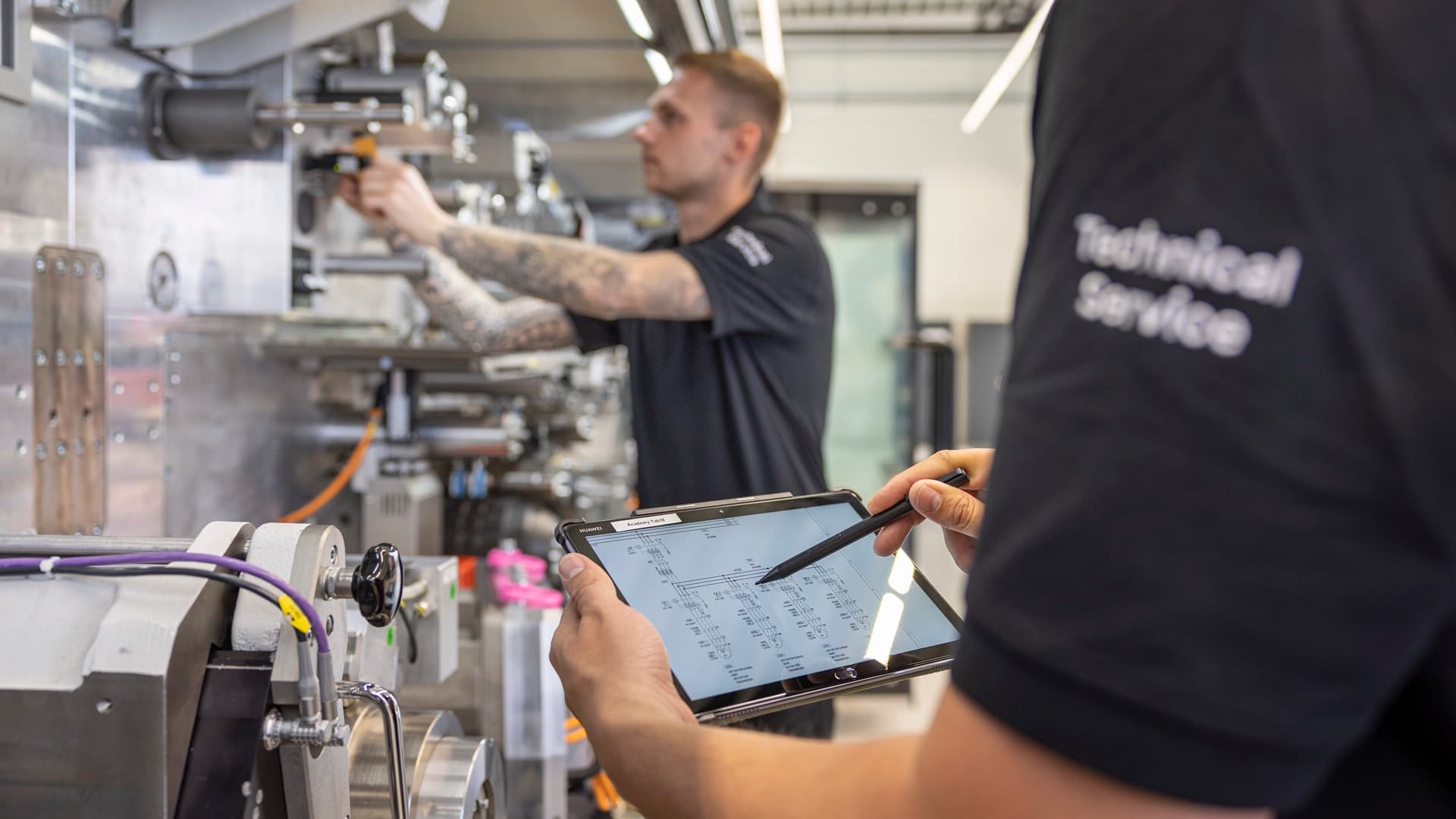
Ecodesign – for tomorrow’s sustainable production
Find the Insights article here for more information.
Life cycle assessment (LCA)
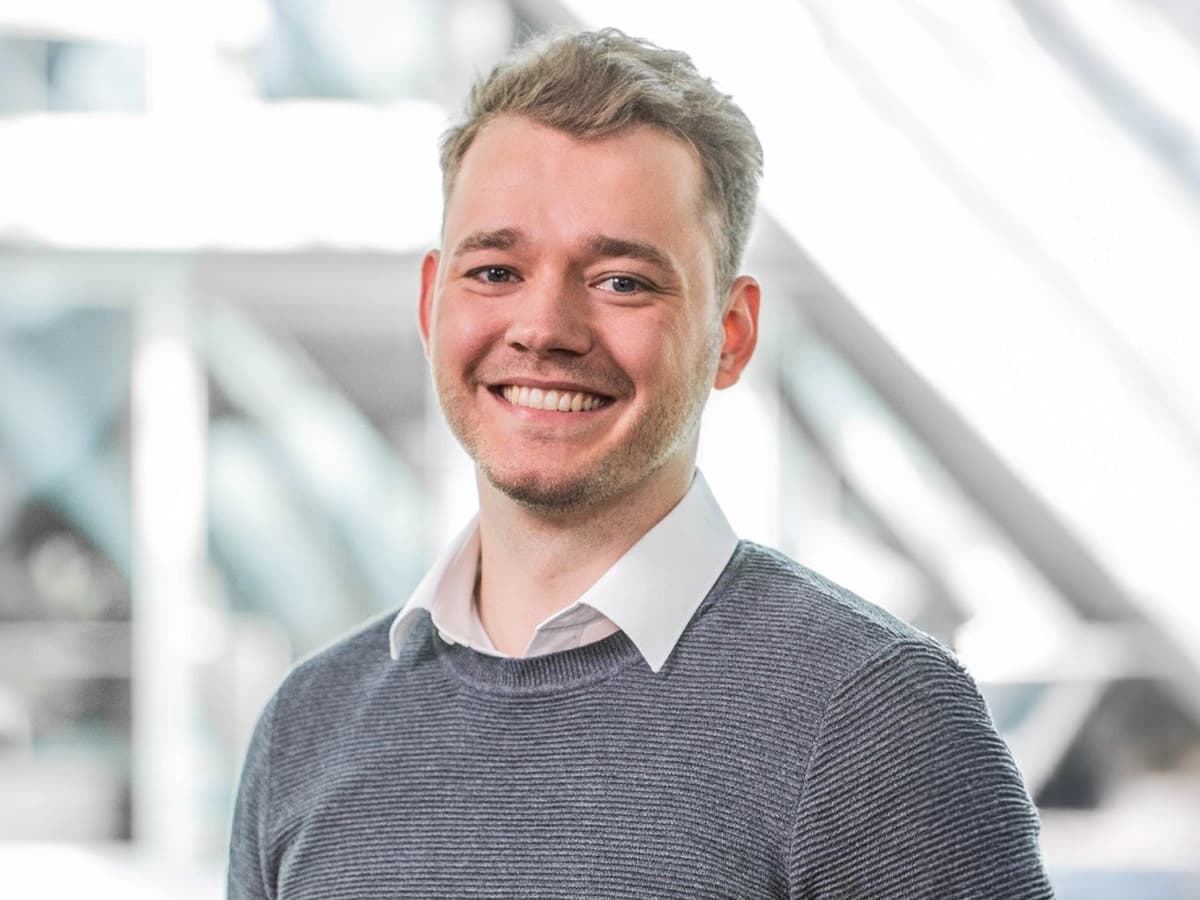
“We achieve a new level of transparency with life cycle assessments. We make upstream and downstream processes visible for product developers and clients, so that they become an integral part of fact-based decisions.”
Fabian Bäcker
Manager of the Center of Excellence Ecodesign and member of the Ecodesign think tank.
Environmental Product Declaration (EPD)
CO₂e calculator for packaging material

“The CO₂e calculator provides our clients with a clear overview of the CO₂e footprint caused by our production process. It allows them to consider sustainable optimization of the packaging as the calculator displays all relevant emissions data in a way which is easy to understand.”
Lidia Smith
Sustainability & Product Manager, Körber Business Area Pharma
Collaboration with scientists
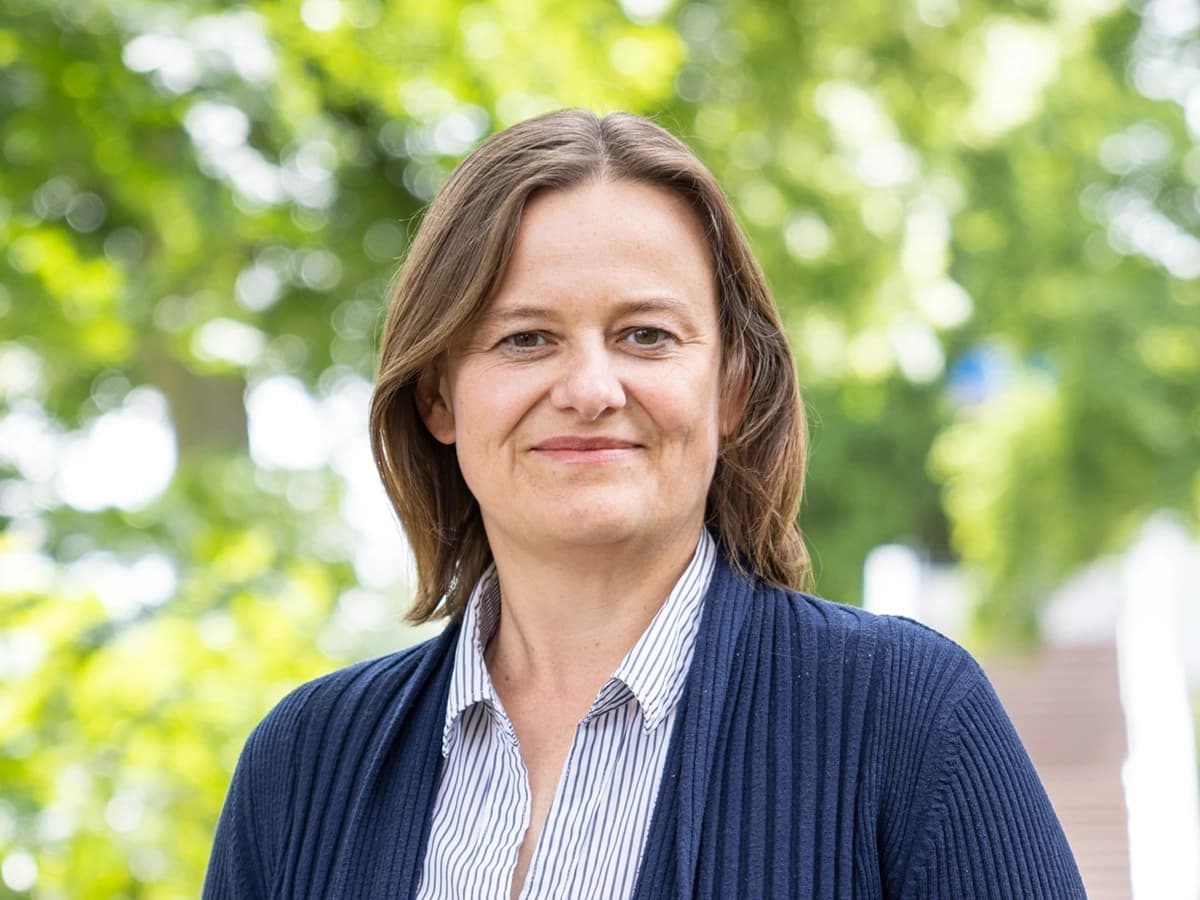
“The cross-company collaboration is a key success factor in developing user-friendly instruments for life cycle analysis. We take a strategic approach to selecting our development projects to advance the achievement of Körber’s climate goals.”
Corinna zu Putlitz
Head of Sustainability in the Körber Business Area Technologies and member of the think tank
